Aging Brains at Work: Strategies to Sustain Cognitive Health and Performance
As our workforce ages, maintaining brain health and cognitive function becomes essential for individual wellbeing and organizational productivity.
The growing body of research confirms that both occupational conditions and lifestyle choices significantly influence how our brains age. This blog explores evidence-based strategies to support cognitive vitality among aging workers, grounded in reputable sources.
The Cognitive Benefits of Mentally Engaging Work
Engaging in complex and mentally stimulating work may help preserve cognitive function over time. The National Institute on Aging (NIA) found that individuals who spent their careers in jobs requiring problem-solving, decision-making, and information synthesis tended to exhibit slower rates of cognitive decline later in life. This supports the theory of “cognitive reserve,” which assumes that mentally enriching activities enhance the brain's ability to adapt to age-related changes and resist neurodegenerative processes (NIA, 2020).
Occupational Stress and Brain Aging
While mentally stimulating work is protective, chronic occupational stress can accelerate cognitive aging. The “Brain aging: Occupational Stimulation and Stress” (BOSS) model, published in Frontiers in Human Neuroscience, argues that cognitive challenges must be balanced with adequate recovery and support. Prolonged exposure to stress hormones like cortisol has been shown to impair memory and executive function over time, especially when combined with high job strain and low autonomy (Burzynska et al., 2021).
Lifestyle Interventions that Support Cognitive Health
Beyond the work environment, personal habits play a critical role in maintaining brain health:
Physical Activity: Aerobic exercise is strongly associated with improved brain plasticity, better memory, and reduced risk of cognitive decline. The National Institutes of Health (NIH) highlights that regular physical activity increases blood flow to the brain and promotes growth of new neural connections, especially in the hippocampus, a region crucial for memory (NIH, 2021).
Nutrition: Diets that emphasize whole foods, healthy fats, and antioxidants are linked to reduced risk of Alzheimer’s disease and age-related cognitive decline. Research supported by the National Institute on Aging shows that diet can affect oxidative stress, inflammation, and vascular health, all of which influence brain aging (NIA, 2022).
Sleep and Stress Management: High-quality sleep and mindfulness-based stress reduction techniques are protective of memory and executive functioning. Chronic stress, particularly without sufficient recovery, can damage brain structures responsible for decision-making and emotion regulation (Burzynska et al., 2021).
How Employers Can Support Cognitive Health
Organizations can take proactive steps to help their aging employees maintain brain health and performance:
Flexible Work Design: A review of interventions for aging workers emphasizes the importance of adaptable work arrangements, such as flexible hours and job redesign, as effective strategies for sustaining productivity and health across age groups (Truxillo et al., 2014).
Opportunities for Lifelong Learning: Continued access to training and skills development enhances engagement and supports cognitive functioning by keeping neural circuits active.
Wellness Programs: Evidence-based workplace wellness initiatives that include physical activity, mental health support, and nutrition education can contribute significantly to long-term brain health (Iris Publishers, 2023).
Thriving Minds at Every Age
Cognitive aging is not solely determined by genetics, it's shaped by the environments we work in, the choices we make, and the support we receive. By fostering mentally stimulating, flexible, and health-promoting workplaces, employers can empower aging workers to thrive cognitively and professionally. These investments don’t just support individual employees, they strengthen organizations.
Join us at our next event: Q2 WTT Connected - Addressing Brain Health in the Workplace
At our Q2 Meeting we'll discuss neurodiversity, workplace inclusion and psychological fitness, recapping key points from our Q2 Educational Intensive and BeWell events and engage in an interactive discussion.
WTT Connected meetings are open to anyone passionate about advancing wellbeing in the workplace. We especially encourage people leaders, HR professionals, wellbeing, safety, and health practitioners, and workplace wellness champions to join the conversation. Register Here
Let's continue to build cultures of wellbeing, together!

